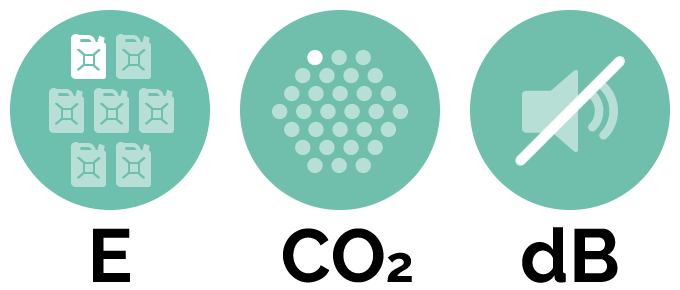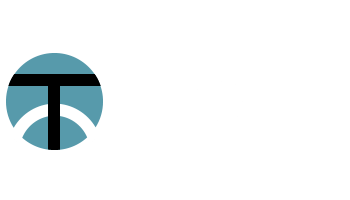Trapil is active in three main business segments:
The pipeline transportation of refined petroleum products via our proprietary Le Havre-Paris (LHP) network.
This is our core business, which also comprises all of its related processes, such as customer relationship management, pricing policy, capital expenditure, operations and maintenance.
Industrial management
Pipeline operation, maintenance and monitoring services provided under contract to the Mediterranean-Rhone pipeline (PMR) and the NATO pipelines in France (ODC) networks.
Pipeline-related services
These services may be provided in France or in other countries.
Interview
Bruno Favier, Vice President, Civilian Pipelines, talks about Trapil’s business operations:
As a refined products pipeline operator, could you tell us what you do?
 We transport refined petroleum products for leading oil companies.
We transport refined petroleum products for leading oil companies.
Pipelines are an unobtrusive, safe, cost-effective way to deliver these products in bulk. By comparison, to deliver the same amount of product as the Le Havre-Roissy pipeline alone, you’d need a tank truck every two minutes on the motorway!
In particular, we supply the Greater Paris region and the Orly and Roissy CDG airports. Given the huge tonnages carried – 20 million metric tons in the Le Havre-Paris line – a pipeline is a critically important installation.
The same line can carry a variety of different products, such as gasoline, jet fuel, diesel fuel, fuel oil and chemical feedstock. Each one follows the other in the pipeline, and we do our best to minimize any mixing by organizing the runs in cycles, aligned with tank farm capacity, so that a given product is transported every 12 days.
Cargoes are scheduled at the Poissy control center, where everything is managed remotely. The center is secure, with fully redundant IT equipment to keep operations continuously up and running. All of the control and safety parameters, which are transmitted by satellite, are designed to support automated tracking and deliver extremely accurate product metering (to just a few ten-thousandths).
Pipelines are not very well known as a means of transporting refined products. Can you tell us about their benefits?
Pipelines are remarkable for their safety record, their low cost and their tiny environmental footprint, because they are powered by electric pumps.
Compared with a tank truck, for example, and assuming the same cargo tonnage, pipelines are seven times more energy efficient, their carbon footprint is 28 times smaller and they make absolutely no noise!

What’s more, they work 24/7 and don’t clog up the highways.
They’re buried, so they don’t disturb the scenery or the landscape.
As for the risks in the field, the only restriction is not to dig over a pipeline without telling us and to respect pipeline right-of-way.
A statement of intent to excavate (déclaration d’intention de commencement de travaux – DICT) must be submitted before starting to dig, so that we can monitor the excavation ourselves to avoid any risk.
Since Trapil was founded, there has never been a serious personal accident, and in the entire history of oil product pipelines in France, there hasn’t been a single fatal accident in the past 20 years.
Our primary objective is to safeguard people and the environment, and everything we do is guided by that culture of safety. We monitor our pipelines from the air with overflights every week and also conduct field inspections. Pipeline interiors are checked by a pigging system, that inspects every centimeter to make sure that there isn’t any corrosion. Cathodic protection also prevents corrosion build-up.
Trapil has always been a highly innovative company. What are some of the latest developments?
We’re introducing a new generation of pigs capable of even greater precision in measuring pipeline defects and changes in condition over time.
Using ultrasonic technology, these instrumented pigs can detect even the most minute defects. They travel with the product and record all the data needed to schedule preventive maintenance and repairs.
In addition, we recently set up the Automated Contaminated Interface Material Removal Unit (USAC), a reduced-scale transmix separation unit that avoids having to return any contaminated interface material to the refinery, which is a fairly complicated task.
Built in the Port of Gennevilliers, the new structure enables us to independently process the transmix and sharply limit the amount of energy used.
